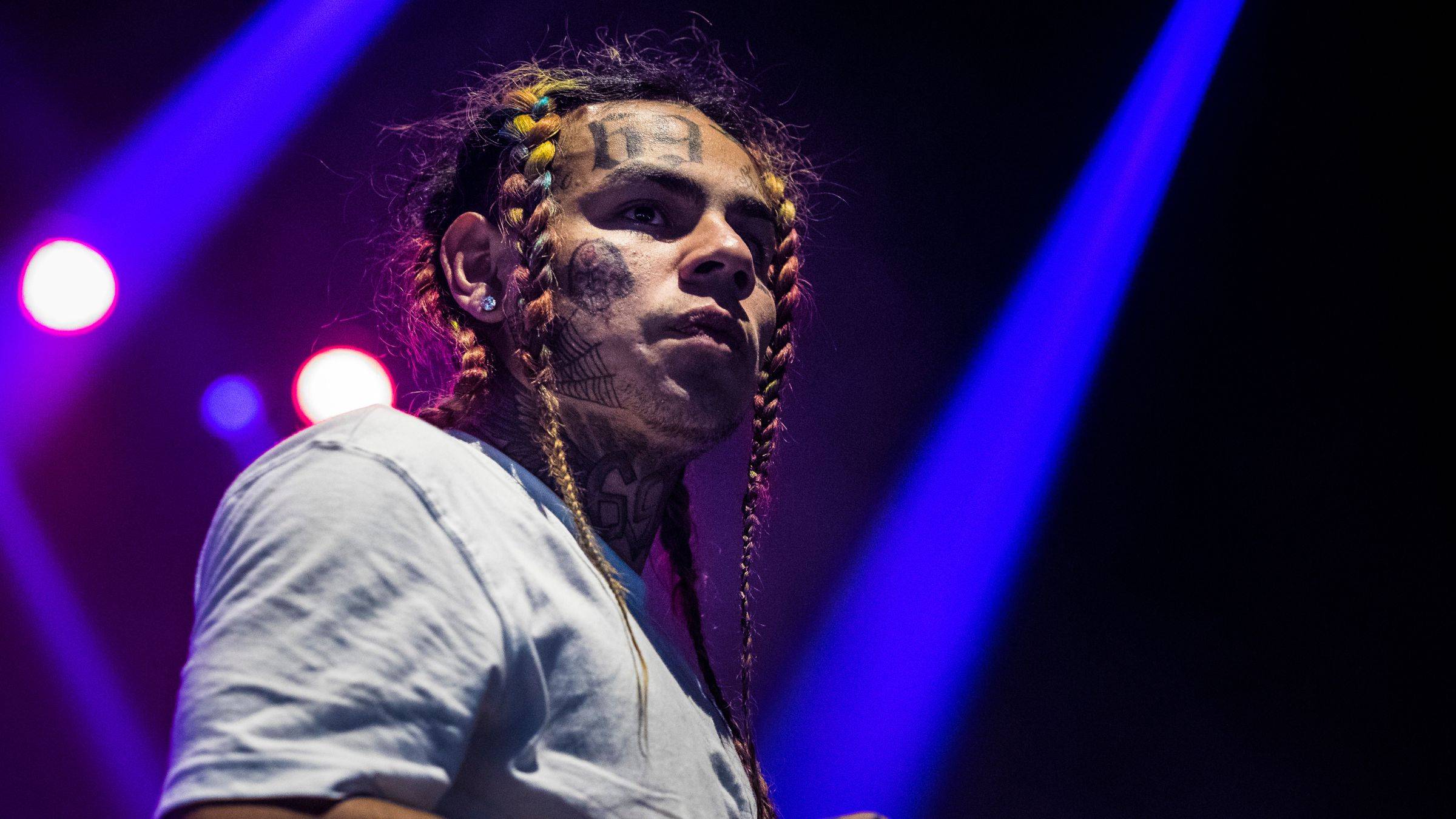Supreme Court Upholds Routine Jailhouse Strip Searches

(Albert Florence with his attorney Susan Chana Lask/AP Photo/File)
The United States Supreme Court, by a 5-4 vote, ruled that people arrested for a minor offense may be subjected to invasive strip searches, citing the need for security over privacy rights.
In its ruling, the court rejected the case of Albert Florence, an African-American man who was arrested for an unpaid fine and was forced to undress and undergo a strip search. It was later revealed the fine had been paid.
The court was divided along ideological lines, with the conservative justices voting in the majority.
In the majority opinion, Justice Anthony Kennedy said whenever people are placed into the general jail population, “courts must defer to the judgment of correctional officials unless the record contains substantial evidence showing their policies are an unnecessary or unjustified response to problems of jail security.”
In a dissenting opinion, which was joined by the court’s more liberal members, Justice Stephen Breyer said strip searches improperly “subject those arrested for minor offenses to serious invasions of their personal privacy.” Breyer said jailers should have a reasonable suspicion the arrested person might in fact be hiding something before a strip search is conducted.
Florence was stopped in March 2005 when heading to his mother-in-law’s home, along with his pregnant wife and their 4-year-old child. His wife was driving when a New Jersey state trooper stopped the car. When Florence identified himself as the owner of the vehicle, he was arrested for an outstanding warrant for an unpaid fine, handcuffed and taken to jail where he was strip-searched. It was later revealed the fine had been paid.
He has since said he has been stopped several times when driving. He carries with him a letter indicating the fine, for running a traffic stop several years ago, has been paid.
At the time of the arrest, New Jersey’s state police were operating under a court order resulting from a large number of charges of racial discrimination that called for federal monitors to assess state police stops of minority drivers.
The issue has been of great concern to a number of African-American activist and academics, who say that Black men have been disproportionality arrested for minor offenses. The new ruling will affect them markedly, say civil liberties groups.
In the ruling, Justice Kennedy said there were three significant reasons for arresting officers to conduct strip searches: detecting lice and contagious infections, looking for tattoos and other evidence of gang membership, and preventing smuggling of drugs and weapons.
Kennedy cited that Oklahoma City bomber Timothy McVeigh was initially stopped by a state trooper who noticed McVeigh was driving without a license plate.
BET National News - Keep up-to-date with breaking news stories from around the nation, including headlines from the hip hop and entertainment world.
(Photo: AP Photo/Mel Evans)





